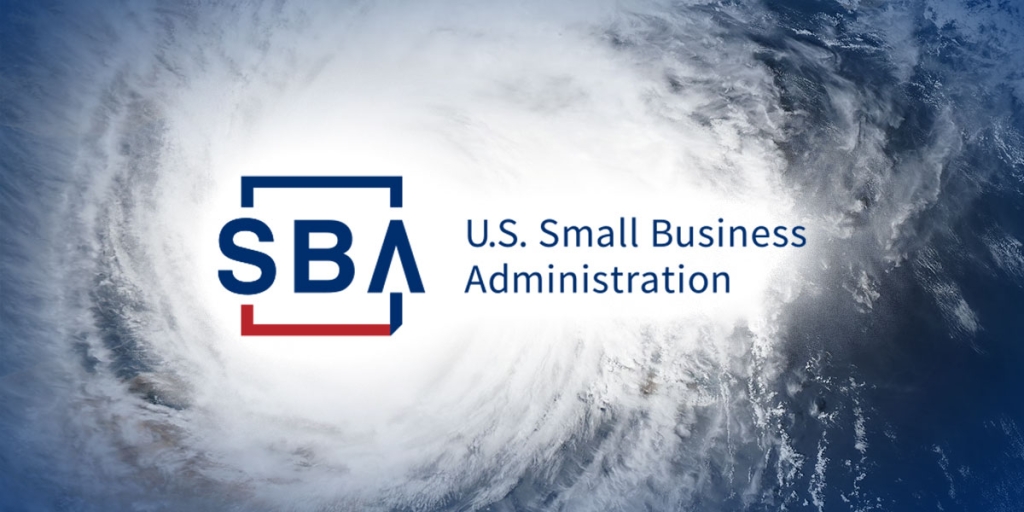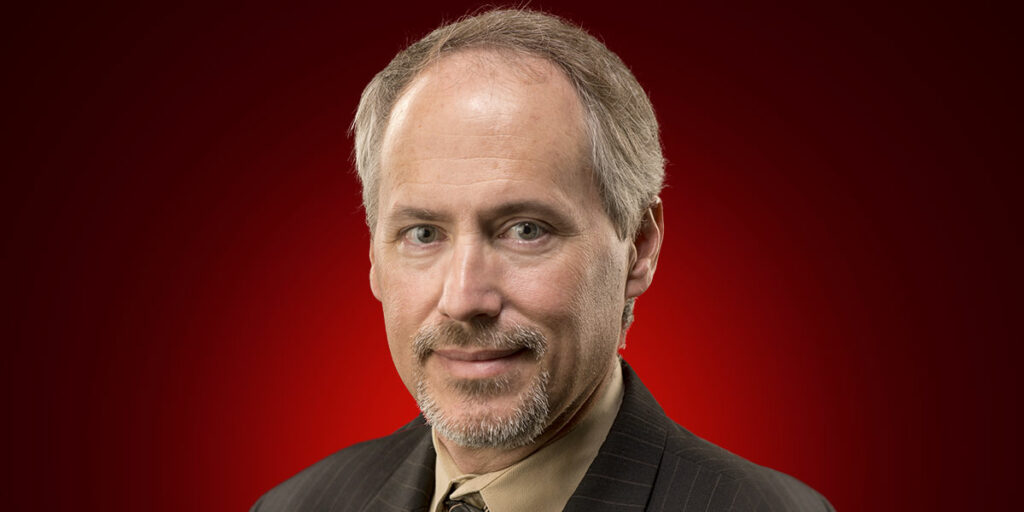Brexit and Donald Trump’s election highlighted a global surge in populism. The Economic Freedom of North America Network, of which the Johnson Center is a member, has discussed conservative populists’ growing hostility to markets. Populists should, I hope, embrace free markets and limited government.
We first need a definition of populism. Prior to 2016, left-wing groups opposed to the corporate world order were populists. Political scientists focus on hostility toward elites, which I will accept. New research in the 2023 Economic Freedom of the World report finds that populism, identified via a new measure based on this definition, correlates with lower economic freedom internationally.
Free market economists have long opposed elites and experts. Thomas Sowell titled a book on elitist intellectuals “The Vision of the Anointed.” Austrian economics argued that socialism would not work because experts could not know enough to run an economy well. Even Adam Smith railed against paternalistic elites.
Tucker Carlson has been described as the voice of contemporary American populism. I would offer that a CliffsNotes version of his “Ship of Fools” is that America’s stupid elites never face consequences for their disastrous decisions.
Free markets are inherently populist: they involve decentralized decision-making and direction of economic activity by millions of consumers. In markets people make choices for themselves and people get the things they purchase. Permission is not needed from anyone, including elites, for businesses to provide people what they want.
The rich get more “votes” in markets, creating an impression that markets favor a wealthy elite. But of greater importance, our votes count regardless of whether we are in the majority and businesses can make lots of money serving average folks; Walmart made the Walton family billionaires. The cultural elite do not favor country music, NASCAR, or Walmart, yet these persist and make money.
Markets have always faced criticism but today face an assault from multiple directions with the main antagonism no longer economic class. Environmentalists, for example, want to create a sustainable economy within planetary boundaries. Critical race theory sees capitalism as an element of systemic racism to be deconstructed. And socialists still dream.
Thomas Sowell warns against intellectuals trying to impose their vision of Utopia on us. Elitist intellectuals must reorganize our economy to create levers of control before exercising control. The various attacks on markets come from different elites seeking to restructure the economy to enable control.
Partnerships with major corporations are seemingly the preferred means of restructuring today. The World Economic Forum and the United Nations Global Compact extol public-private partnerships. Restructuring may occur through environmental, social, and governance control over finance, a central bank digital currency, or new powers claimed under a climate emergency.
Proponents of partnerships claim to care about all stakeholders across the globe. But in a nation of 330 million or planet of 8 billion people, only a very limited elite will participate in decisions. American consumers never voted for Ralph Nader to represent them, and those speaking on your behalf will not listen much to you.
Populists rejecting elite control should favor economic freedom and decentralized markets.
What about specific elements of populist hostility to markets? Populists fear that the global economy primarily benefits elites. Economic nationalism seeks to retain national sovereignty, which I strongly support; the American experiment with freedom and self-government could never have occurred on a global scale.
Proponents of economic freedom should engage populists, for two reasons. First, our criticism may push populists to support worse economic policies. For example, many economic nationalists support government-directed investments. But the limits of expertise imply that a new industrial policy is likely to fail.
Second, policy success in a large democratic nation requires broad support and compromise. Economic freedom purists will never sustain good policies alone. A coalition for economic freedom is far more likely to include populists than democratic socialists.
Restructuring markets to enable elite control will massively degrade economic freedom. Markets let the voices (dollars actually) of all Americans be heard. Markets are inherently populist, so I hope populists will be a force for economic freedom.
Daniel Sutter is the Charles G. Koch Professor of Economics with the Manuel H. Johnson Center for Political Economy at Troy University and host of Econversations on TrojanVision. The opinions expressed in this column are the author’s and do not necessarily reflect the views of Troy University.








